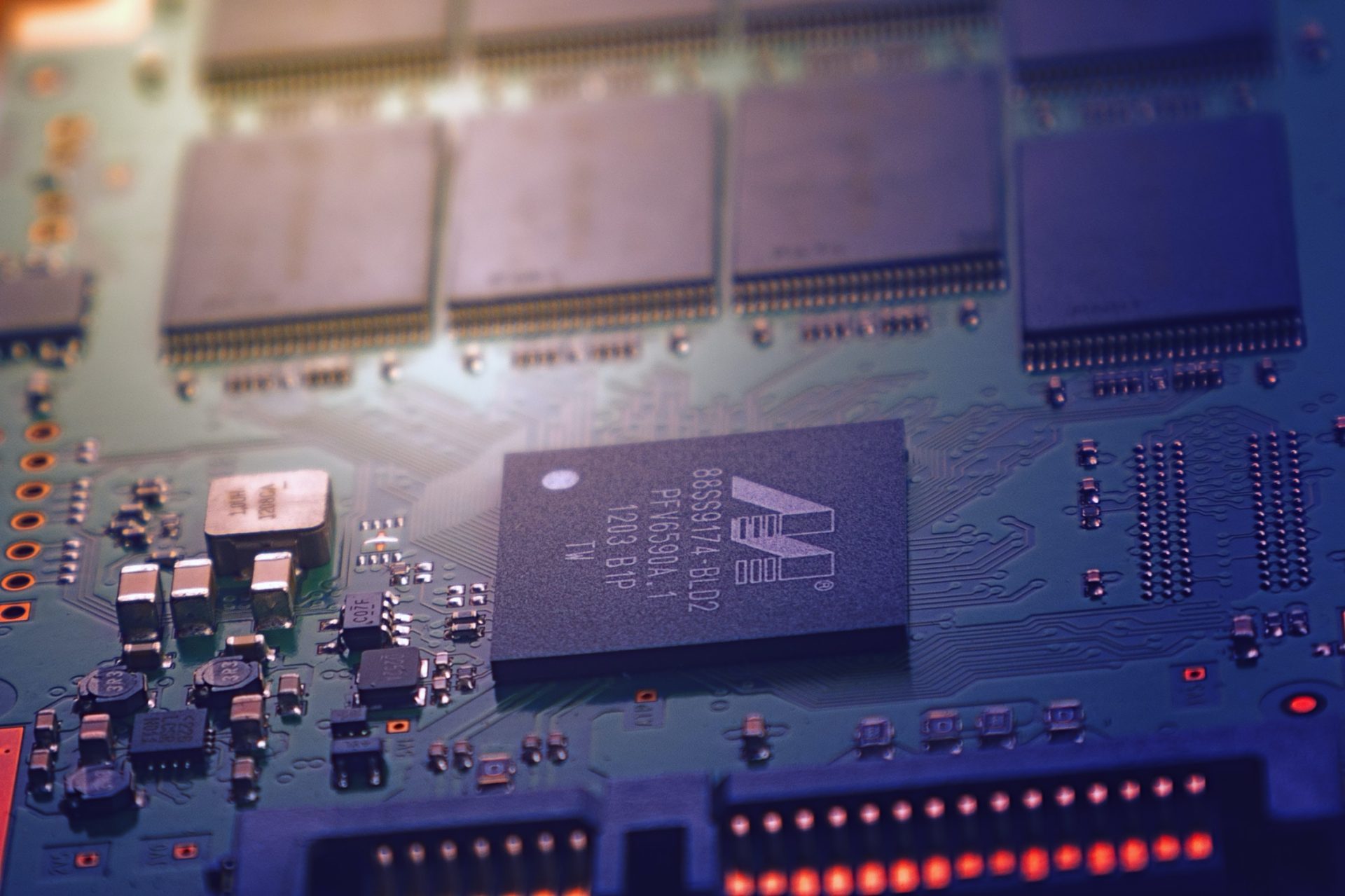Claude 2.1: Enhanced Conversational AI Assistant Details Unveiled
Core Concepts
Anthropic introduces Claude 2.1 with a revolutionary 200,000 context token limit, enhancing its capabilities for processing and analyzing text content.
Abstract
Anthropic's Claude 2.1 brings significant improvements in context processing, dependability, tool integration, developer usability, and system prompts. The update aims to make the AI assistant more versatile and efficient across various industries.
Introducing Claude 2.1: Anthropic's Enhanced Conversational AI Assistant
Stats
Up to 500 pages (or 150,000 words) of text content can be processed using the expanded context window.
Claude 2.1 reduces false or hallucinated statements by half.
The Pro tier for Claude 2.1 is priced at $20/month.
Quotes
"Improved Dependability: Fewer Statements That Are False or Cause Hallucinations."
"Initial Assistance with Tool Use for a Seamless Integration."
"System Prompts: Performance-Boosting Claude Settings."
Key Insights Distilled From
by Adam Campbel... at www.baselinemag.com 11-21-2023
https://www.baselinemag.com/news/introducing-claude-2-1-anthropics-enhanced-conversational-ai-assistant/
Deeper Inquiries
How does Anthropic ensure transparency and user agency in AI development?
Anthropic ensures transparency and user agency in AI development through various measures. Firstly, the company focuses on trustworthiness by providing clear information about how their AI systems operate, including data handling practices and decision-making processes. This transparency builds user confidence in the technology. Secondly, Anthropic prioritizes user agency by allowing users to customize their interactions with AI assistants like Claude through features such as system prompts. By giving users control over aspects like tone, personality, and response structure, Anthropic empowers them to tailor the AI experience to their specific needs and preferences.
What potential challenges might arise from integrating an AI assistant like Claude into complex workflows?
Integrating an AI assistant like Claude into complex workflows can present several challenges. One major challenge is ensuring seamless compatibility with existing systems and processes within an organization. Different platforms may have varying data formats or communication protocols that need to be harmonized for effective integration. Additionally, privacy and security concerns may arise when sensitive data is shared with the AI assistant during workflow automation tasks. Maintaining data integrity and confidentiality while leveraging the capabilities of the AI assistant is crucial but challenging in complex environments where multiple stakeholders are involved. Lastly, training employees to effectively interact with the AI assistant within their workflow routines can be a hurdle due to resistance to change or lack of familiarity with new technologies.
How can the use of system prompts in AI assistants impact user interactions beyond practical applications?
The use of system prompts in AI assistants goes beyond practical applications by enhancing user experiences across various dimensions. System prompts allow users to personalize their interactions with the AI assistant based on factors such as tone, persona, context setting, and response criteria. This customization not only improves task efficiency but also creates a more engaging and tailored interaction environment for users. Furthermore, system prompts enable role-playing scenarios or rule-based activities that go beyond standard queries or commands typically associated with practical applications of AI assistants.
0
